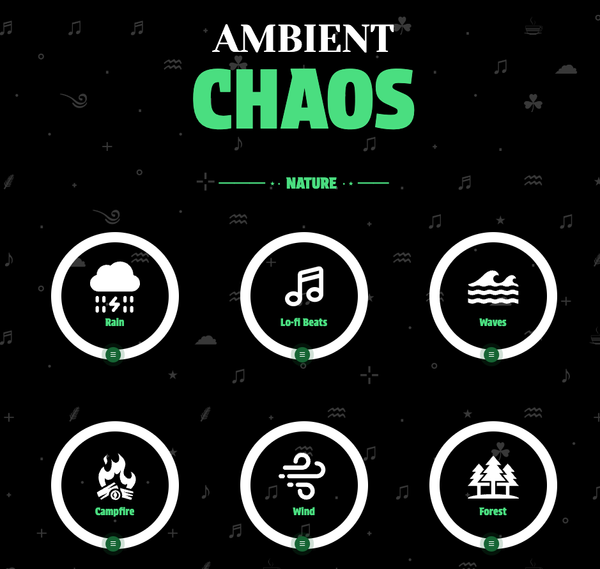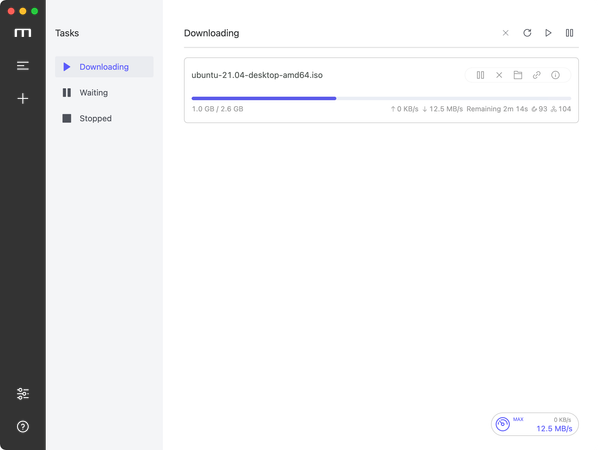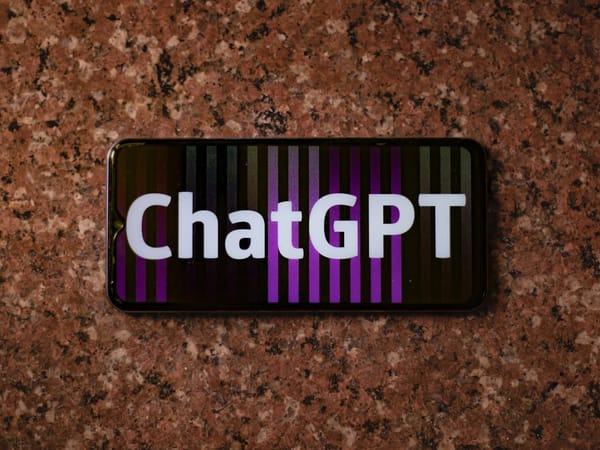Maximizing Business Success with Push Notifications: The Top 5 Leads
What is a Push Notification, how does it work and why it is important for your business, list 5 examples for services with pros and cons with prices per each
Table of Content
What is a Push Notification?
Push notifications are an invaluable tool for businesses as they offer numerous benefits and play a crucial role in communication with subscribers. Firstly, push notifications serve as a direct and immediate channel of communication, allowing companies to instantly reach their audience without the need for users to actively engage with the app or device. This ensures that important messages, offers, or updates are delivered promptly and efficiently.
Moreover, push notifications enable businesses to engage with their subscribers in a personalized and targeted manner.
By leveraging user data and preferences, companies can tailor their push notifications to deliver relevant and customized content to each individual.
This level of personalization enhances the user experience and increases the chances of user engagement and conversion.
Additionally, push notifications serve as a powerful marketing tool by enabling companies to promote their products, services, or special offers directly to their subscribers. With the ability to include rich media, such as images or videos, push notifications can effectively capture the attention of users and drive them to take action.
How Does Push Notification Works?
- Opt-In Requirement: A user must opt-in to receive notifications from a specific app.
- Message Creation: The app creator or marketer crafts a message to be sent out.
- Delivery Via Push Notification Services: The message is sent through a push notification service that communicates with the appropriate mobile operating system (iOS, Android, etc.).
- Notification Appears on Device: The notification pops up on the user’s device, even if the app isn't currently open.
Benefits for Businesses
- Engagement: Keeps users engaged with the app, increasing the chances of them using it regularly.
- Direct Communication: Offers a direct line to users, ideal for marketing and communication.
- Immediate Delivery: Ensures timely delivery of important information or offers.
- User Retention: Helps in retaining users by reminding them about the app’s presence and content.
- Personalization and Targeting: Allows for personalized marketing based on user behavior and preferences.
Another benefit of push notifications is their ability to provide timely and relevant information to users. Whether it's notifying users about upcoming events, reminding them of important tasks, or delivering real-time updates, push notifications ensure that users stay informed and connected.
Overall, push notifications offer a multitude of benefits, including direct communication, personalized engagement, targeted marketing, timely information delivery, and improved user experience. By utilizing push notifications effectively, businesses can enhance their communication strategies, increase user engagement, and ultimately drive success.
Examples of Push Notification Services
1. OneSignal
OneSignal is a widely used push notification service that offers businesses a complete platform to control and send push notifications to their subscribers. It provides various features and capabilities to actively engage users and achieve desired outcomes.
Features
- Multi-platform support: OneSignal supports push notifications for various platforms, including iOS, Android, Web, and Unity.
- Audience segmentation: Businesses can segment their subscribers based on various criteria, such as location, interests, or behavior, to deliver targeted and personalized messages.
- Automated messaging: OneSignal allows businesses to set up automated messages based on user actions or events, such as welcome messages, abandoned cart reminders, or personalized recommendations.
- Rich notifications: With OneSignal, businesses can send notifications with rich media content, such as images, videos, or interactive buttons, to capture users' attention and drive engagement.
- A/B testing: OneSignal provides A/B testing capabilities, allowing businesses to experiment with different message variations and optimize their push notification campaigns.
- Analytics and insights: The platform offers detailed analytics and insights to track the performance of push notifications, measure user engagement, and gain actionable insights for further improvement.
- Pros:
- Wide range of features including A/B testing, real-time analytics, and segmentation.
- Easy integration with various platforms.
- Cons:
- The free plan has limited features.
- Can become expensive as you scale.
- Pricing: Free basic plan; paid plans start from $99/month for advanced features.
2. Firebase Cloud Messaging (FCM)
Firebase Cloud Messaging (FCM) is a cross-platform messaging solution provided by Google. It enables businesses and developers to send push notifications to their users on Android, iOS, and web platforms.
- Pros:
- Free to use.
- Directly integrated with Google’s Firebase development platform.
- Topic-based messaging
- Analytics and reporting
- Cross-platform support
- Highly scalable infrastructure
- Cons:
- Limited advanced marketing features compared to other services.
- Requires technical know-how for integration and optimal use.
- Pricing: Free.
3. Airship
Airship is a push notification service that provides businesses with a comprehensive platform to send and manage push notifications to their users. It offers various features and capabilities to engage users effectively and drive desired outcomes.
- Pros:
- Multi-platform support: iOS, Android, and Web
- Offers advanced segmentation, automation, and analytics.
- Good for personalized and targeted campaigns.
- Audience segmentation
- Message personalization
- Automation and personalization
- A/B testing
- Cons:
- Can be pricey for small businesses.
- The interface may be complex for beginners.
- Pricing: Custom pricing based on requirements.
4. PushEngage
PushEngage is a push notification service that allows businesses to send targeted and personalized push notifications to their subscribers. It provides various features and capabilities to engage users and drive conversions.
- Pros:
- Offers features like dynamic segmentation and autoresponders.
- Easy to set up and use.
- Segmentation and targeting
- Actionable analytics
- A/B testing
- Cons:
- Limited integration capabilities with other marketing tools.
- Some users may find analytics features lacking.
- Pricing: Plans start at $29/month for up to 5,000 subscribers.
5. Leanplum
Leanplum is a mobile engagement platform that helps businesses deliver personalized and impactful mobile experiences to their users. It provides various features and capabilities to engage, analyze, and optimize mobile app user experiences.
- Pros:
- Comprehensive mobile marketing platform including push notifications, email marketing, and in-app messaging.
- Strong focus on personalization and A/B testing.
- In-app messaging
- Analytics and insights
- User segmentation
- Cons:
- More expensive than standalone push notification services.
- May offer more features than a small business needs.
- Pricing: Custom pricing based on the services used.
Conclusion
Push notifications are an effective tool for businesses to maintain user engagement, deliver timely messages, and drive app usage. When selecting a push notification service, consider factors like pricing, specific feature needs, the scale of your operation, and integration capabilities with your existing tech stack.











